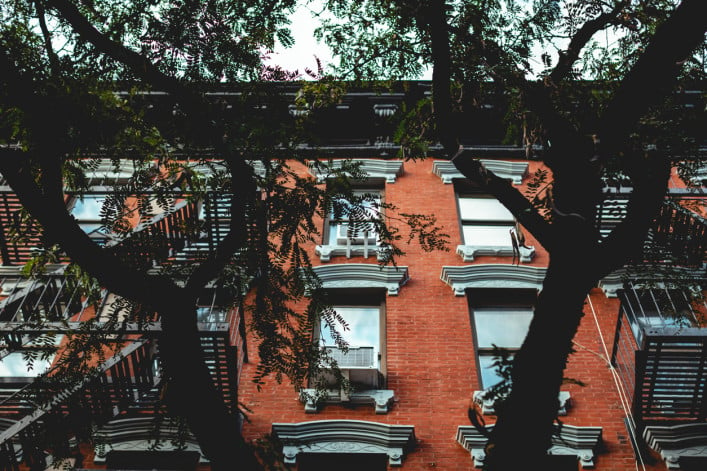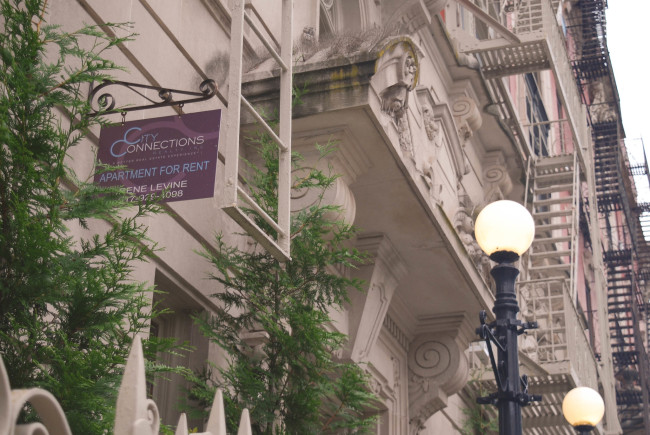My NYC landlord charges $75 if the rent is three days late. Is that OK?
- No; late fees are capped at $50 or 5 percent of the monthly rent, whichever is less
- Different late fee rules apply to co-op shareholders and rent-stabilized tenants

Your landlord cannot evict you because you haven’t paid a late fee
iStock
In short: that fee is too much and too soon. It’s illegal for your landlord to charge you any late fee unless your rent is more than five days late under state law.
Late fees are capped at $50 or 5 percent of your monthly rent, whatever is less, and can only be imposed after five days under the Housing Stability and Tenant Protection Act, a landmark series of rent reforms passed in 2019.
[Editor's Note: Realty Bites tackles your NYC rental questions. Have a query for our experts? Drop us an email. A previous version of this story was published in February 2015. We are presenting it with updated information for February 2025. ]
Your landlord also cannot evict you because you haven’t paid a late fee—though they can sue to evict you if you don’t pay the rent itself. If you are being sued in housing court for failing to pay rent through something known as a nonpayment case, your landlord can’t sue for late charges as well, according to a New York State Unified Court System guide.
Landlords “cannot sue for late fees in housing court,” said attorney Catherine Grad, a partner at Himmelstein McConnell Gribben & Joseph. “You can’t evict somebody for not having paid late fees. It’s not part of what they can bring a case about.”
Nor would a landlord want to, said Arik Lifshitz, a landlord and CEO of DSA Property Group. Landlords are more inclined to go after a tenant who isn’t paying rent at all, not someone who pays late. (Lifshitz said his own leases note that a $50 late fee can be billed after 10 days.)
“The $50 late fee is not a priority these days,” Lifshitz said.
Differences for co-ops, rent-stabilized tenants
Co-ops, however, have different limits on late fees. A co-op can charge shareholders late fees of up to 8 percent of the building’s monthly maintenance charge, provided the co-op’s proprietary lease allows it to impose late fees at all, according to state law.
Meanwhile, rent stabilized tenants cannot be charged late fees unless there’s a provision in their original lease that allows a fee to be collected.
—Earlier versions of this article contained reporting and writing by Virginia Smith.



























